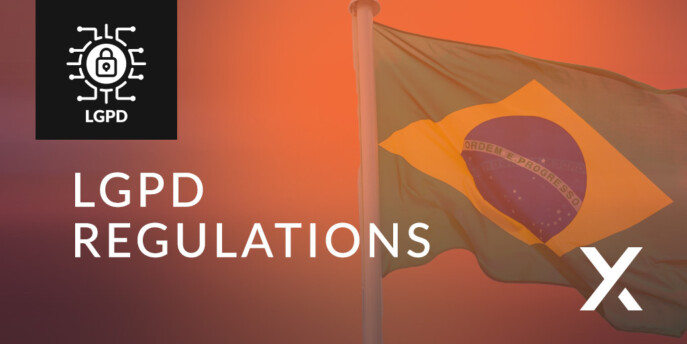How to Comply with GDPR: A Step-by-Step Guide
Introduction
The General Data Protection Regulation (GDPR) sets rules for handling personal data in the European Union (EU). Introduced in May 2018, it affects businesses both within and outside Europe. But what does GDPR mean, and why is it crucial for businesses? Let’s explore.
What is GDPR and Why It Matters

GDPR protects the personal information of EU residents. It aims to give people control over their data while ensuring businesses are clear about their data usage. All companies, regardless of size, must understand how this law affects them.
This regulation is essential because it promotes privacy rights. For businesses, it means adopting better data practices, building trust with customers, and avoiding penalties.
Scope and Applicability
GDPR applies to any company that processes the personal data of EU residents, no matter where it is based. Companies outside the EU must also comply if they offer goods or services to EU citizens or track their behavior.
If you run a business that handles EU residents’ personal data—whether it’s a small store or a large multinational—this regulation applies to you. Understanding its reach helps you know how it affects your operations.
Key Principles of GDPR

GDPR outlines several key principles for businesses:
- Lawfulness, Fairness, and Transparency: Businesses must follow legal processes and inform people about data use.
- Purpose Limitation: Collect data only for specific, clear purposes.
- Data Minimization: Only gather the data needed for a specific task.
- Accuracy: Keep personal data accurate and updated.
- Storage Limitation: Retain data only as long as necessary.
- Integrity and Confidentiality: Protect data from unauthorized access.
Rights of Individuals
GDPR gives individuals several rights over their personal data:
- Access: People can ask to see the data businesses hold about them.
- Correction: They can request updates to correct errors.
- Deletion (“Right to be Forgotten”): They can ask businesses to delete their data.
- Data Portability: People can request their data in a format they can transfer elsewhere.
These rights allow individuals to control their data, which is a core goal of GDPR.
Compliance Tips for Businesses

To comply with GDPR, businesses should:
- Conduct a Data Audit: Identify the data collected, its location, and how it is processed.
- Update Privacy Policies: Ensure policies are clear and include all necessary details.
- Obtain Consent Properly: Secure clear, specific consent that individuals can easily withdraw.
- Implement Security Measures: Use encryption and access controls to protect data.
- Train Employees: Educate staff about GDPR and data protection best practices.
These steps help businesses meet GDPR requirements and reduce compliance risks.
Consequences of Non-Compliance
Failure to comply with GDPR can lead to serious penalties, including fines of up to €20 million or 4% of global annual revenue, whichever is higher. Non-compliance can also result in legal actions and damage to a company’s reputation. Meeting GDPR standards helps businesses not only avoid fines but also build trust with customers.
Conclusion
GDPR ensures that businesses protect personal data and maintain transparency. For companies, compliance means more than avoiding penalties; it shows a commitment to privacy and stronger customer relationships. By following GDPR principles, businesses can stay ahead in a world where data privacy is crucial.


